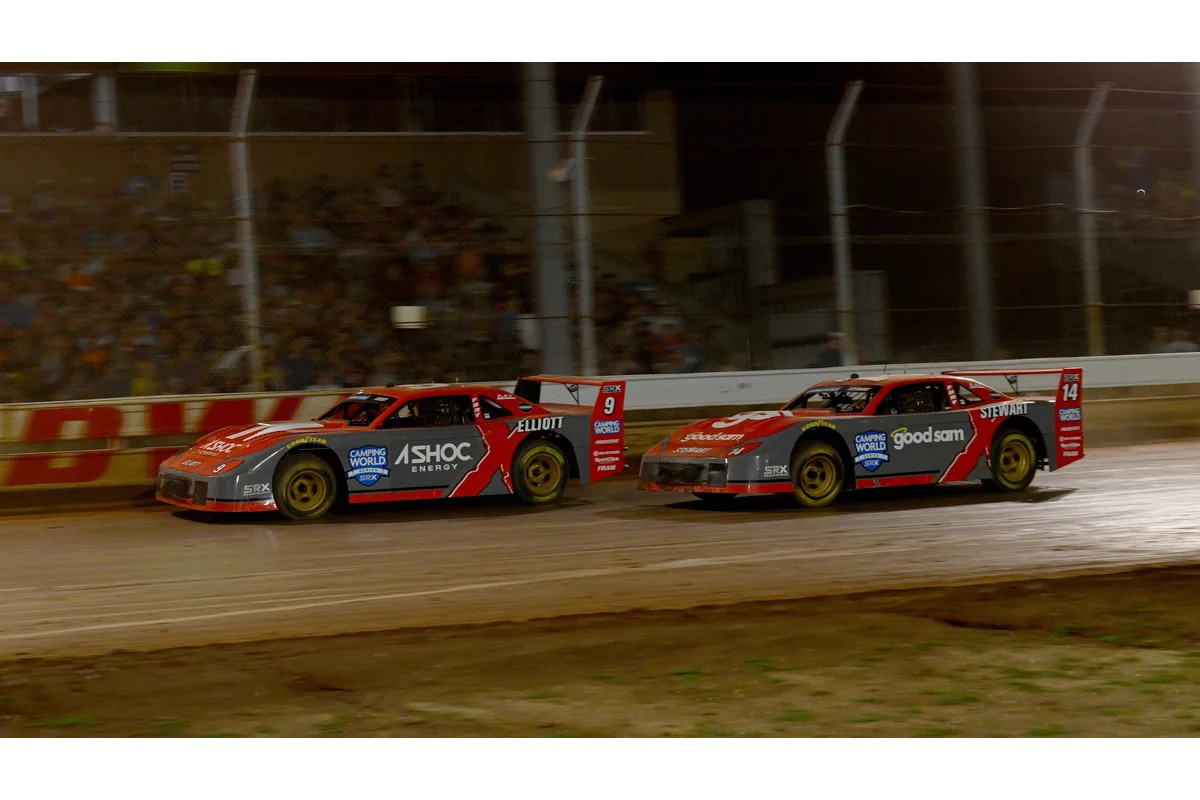The dominance of top-tier teams in NASCAR continues, despite repeated attempts at regulatory parity, highlighting persistent Bill Elliott NASCAR parity concerns. Hendrick Motorsports, Joe Gibbs Racing, and Team Penske consistently lead races while efforts to level the competition show limited results.
Longstanding Hierarchy Prevails in NASCAR
For years, powerhouse organizations such as Hendrick Motorsports, Joe Gibbs Racing, and Team Penske have set the standard in NASCAR. Recent seasons have seen these giants remain at the front of the pack, their lead largely unaffected by efforts to create balance within the sport. The introduction of the Next Gen car in 2022 briefly gave Trackhouse Racing an opportunity to contend at the highest level, but as the more established teams adapted, the advantages quickly shifted back to the traditional leaders. This reinforced the enduring pattern where a select group continues to dictate the terms of competition.
Bill Elliott Identifies Core Imbalance
Bill Elliott has been warning about this very trend since 2008, seeing little progress in resolving the persistent imbalance. The era from 2006 to 2008 saw the same names—Hendrick, Gibbs, Richard Childress Racing, and Roush Fenway Racing—occupying top spots, much as they do today. In 2005, Tony Stewart captured the championship for Joe Gibbs Racing, while Jimmie Johnson’s consecutive wins from 2006 through 2008 entrenched Hendrick’s prominence. Elliott, who raced part-time during those years, publicly voiced his apprehension regarding the entrenched dominance of certain teams:
“You look at Hendrick or Roush or Gibbs or Childress. You look at the win column this year, and they all come from those kind of teams… I guess the thing that I don’t like is the people it has run out of the business. Bud Moore and Junior Johnson, guys who sacrificed a lot to be in the business.”– Bill Elliott, Former NASCAR Champion
Elliott further elaborated on the structural disadvantages experienced by smaller operations:
“You may have a day in the sun and shine once or twice, but year in and year out, they’re going to kick your butt. They’ve got the army… Those other teams have the manpower. You’re going to kill your people. You can keep up for a while, but you’re going to kill your people.”– Bill Elliott, Former NASCAR Champion
His words emphasized the toll that continuous competition with resource-rich organizations can take, pushing smaller teams out and damaging the overall diversity of competition. Elliott advocated for a racing environment where all participants could compete on genuinely equal grounds without exhausting their resources or burning out personnel.
Efforts Toward Competitive Balance and Their Limits
The historical divide partially stemmed from rule flexibility that allowed teams with more resources to capitalize on performance modifications. NASCAR sought to counteract this by introducing the Next Gen platform, standardizing car components to reduce disparities. While these adjustments aimed to foster parity, only a small handful of teams have consistently remained at the top of the standings, with little breakthrough from lesser-known organizations. Despite standardized parts and an official push for equality, the established order remains unshaken.
Currently, NASCAR’s administration, led by President Steve O’Donnell, is assessing how the Next Gen car’s framework might permit teams more innovation. However, this direction reopens familiar risks. Granting greater flexibility could benefit deep-pocketed teams, as they might outspend and out-innovate rivals, further widening the gap.
Looking Forward: The Challenge of Achieving Parity
Restoring an environment that enables crew chiefs and engineers to find creative advantages—as Bill Elliott suggests—may reinvigorate the competitive spirit of years past. Yet such a move could exacerbate the issues that have led to the dominance of wealthier teams like Joe Gibbs Racing, Hendrick Motorsports, and Richard Childress Racing. NASCAR faces a difficult decision: how to offer innovation opportunities without handing the largest teams even more tools to solidify their lead. The struggle for genuine parity in NASCAR continues, with the concerns of figures like Bill Elliott still unresolved and shaping the ongoing debate over the future of the sport.
